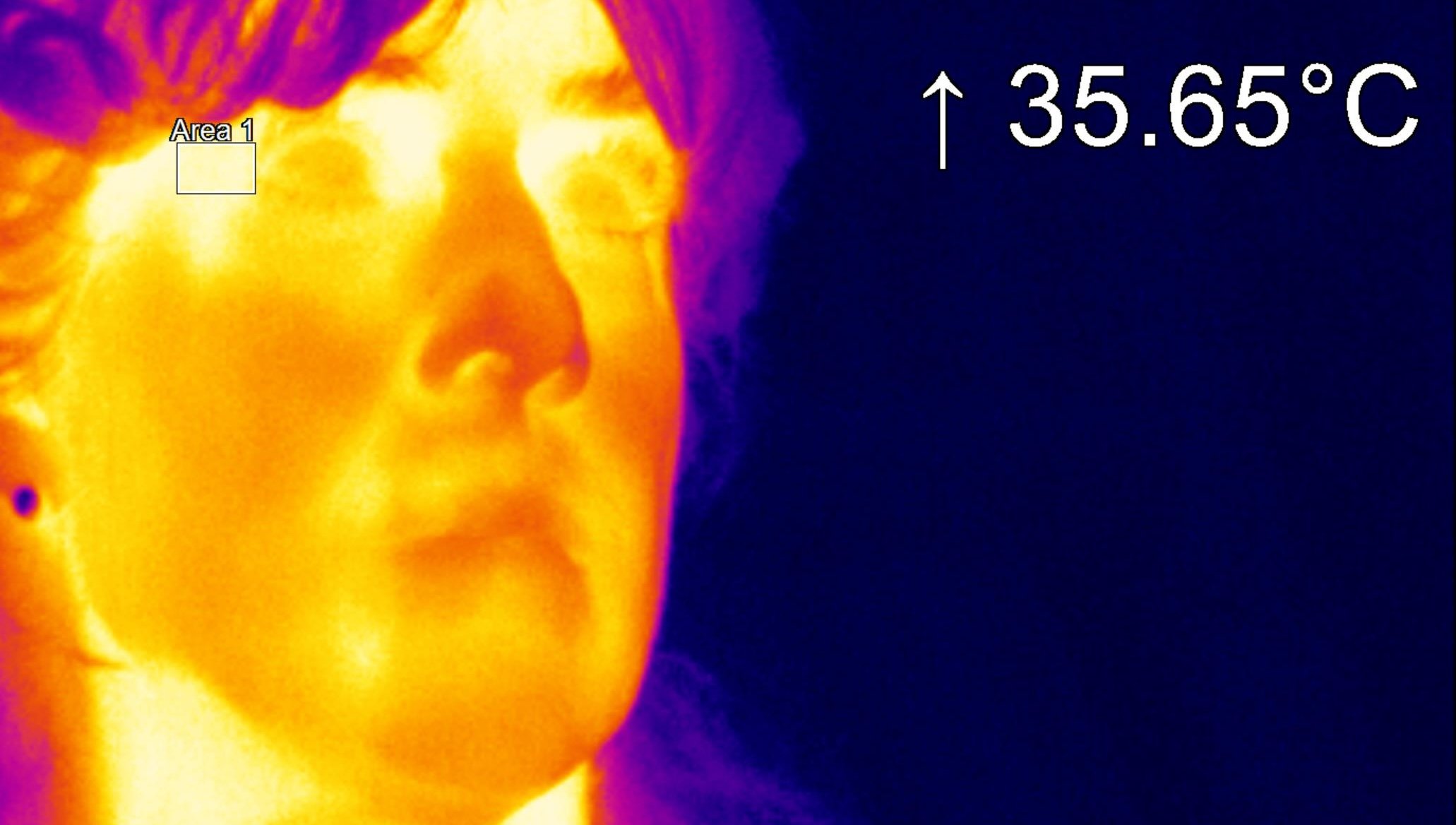Research
Toelt, an Advanced AI Lab, is at the forefront of integrating artificial intelligence into diverse fields. Our work spans from theoretical aspects of machine learning and deep learning in natural sciences to practical applications in medicine, photonics, and food technology. In medicine, we focus on MRI imaging for neurological disorders, while our photonics research innovates in sensor technology. In the food industry, we enhance quality control with AI-driven techniques. We also delve into satellite imagery analysis, applying our AI expertise to environmental and possibly military applications. Toelt embodies the synergy of AI with various scientific disciplines, pioneering new pathways in technology and research.
Medicine
Our work in the medical field, particularly regarding MRI imaging and children with unilateral cerebral palsy, involves linking brain features to developmental disorders. They utilize 2D and 3D MRI imaging to explore these connections, specifically in children who are typically developed and pre-term. This approach aids in understanding the neurological basis of developmental disorders, including cerebral palsy.
One notable work we publishedin this area is a literature review on the neural correlates of visuomotor functions in preterm children, with a focus on unilateral cerebral palsy. This work is part of our broader effort to apply advanced imaging techniques and AI to better understand and address neurodevelopmental impairments in children.
Food Technology
Our research work in food technology includes developing advanced artificial intelligence (AI) solutions for food quality control. One of our notable contributions is the use of a compact optical fluorescence sensors combined with artificial neural networks for food quality control, specifically applied to olive oil. This technology enables precise assessment of food quality, demonstrating the application of AI in enhancing traditional quality control methods.
Another significant research work in this field involves the extraction of physicochemical properties from the fluorescence spectrum using 1-dimensional convolutional neural networks, again applied to olive oil. This innovative approach allows for a more detailed analysis of food properties, showcasing the potential of machine learning techniques in food engineering and quality assessment.
These works illustrate our commitment to integrating cutting-edge AI technologies in the realm of food technology, providing solutions that improve accuracy and efficiency in food quality control and analysis.
Computer Vision and Satellite Imaging Technologies
Our work in the field of Computer Vision and Satellite Imaging Technologies includes being part of a consortium of universities and companies specializing in processing satellite images with AI and computer vision. This expertise covers a wide range of applications, both military and non-military.
We have developed and trained advanced algorithms that can solve problems as plane and boat detection from images from different satellites at different resolutions and quality. Additionally we have developed technologies for cloud detection in various settings.
Sensors and Data Processing
We have made significant strides in the development and application of sensors, particularly in the field of Photonics. Their work includes creating advanced sensors for various applications, such as oxygen sensing and analyzing food products like olive oil. A notable achievement is the development of a low-cost sensor that can be used with a Raspberry-Pi to measure fluorescence spectra of oil samples. This sensor represents a significant advancement in the field, enabling quick and easy analysis of chemical parameters, and is a prime example of Toelt's innovative approach to integrating machine learning with sensor technology. Our research in this area has been extensive, leading to numerous publications in peer-reviewed journals.
Statistics
Our work in the realm of statistics and the theory of deep learning is focused on developing mathematical frameworks to enhance the application of machine learning in natural sciences. They concentrate on the fundamentals of machine learning, including the statistical study of large neural networks and random matrix theory, as well as mixture distributions, extreme value theory, and modeling of complex systems in statistics.
Significant contributions include research on the correct application of machine learning techniques, such as metric development via the central limit theorem, the effect of errors on labels in supervised learning, and the determination of exact Bayes error for classifiers. We also work on developing new algorithms, including those for denoising and interference-immune tunable absorption spectroscopy gas sensing, and advanced deep learning techniques like superresolution statistical stability and symmetry-aware neural networks.
Thermal Imaging and Affective Computing
At our company, we are at the forefront of integrating thermal imaging with affective computing to revolutionize human-computer interaction. Our research team is dedicated to developing advanced algorithms that analyze thermal data to accurately interpret human emotions and physiological states. This groundbreaking work not only enhances user experience in various applications but also opens new avenues in personalized healthcare and emotional AI.
Synthetic data generation
One of the major challenges in object detection and segmentation is the limited availability of datasets. To accurately detect specific objects, these datasets must be manually collected. In this regard, we possess the expertise to generate highly realistic images using advanced 3D software such as NVIDIA Omniverse and Unreal Engine 5, and annotate them in popular formats such as YOLO or COCO.
Unreal Engine and NVIDIA Omniverse are powerful 3D software that allows the creation of highly realistic images and environments, offering a comprehensive suite of tools for 3D modeling, animation, lighting, and rendering. With integration of CESIUM plugin, available for both NVIDIA Omniverse and Unreal Engine 5, allows users to add Google/Bing maps to their 3D environments. This plugin provides a seamless integration of real-world geographic data into the virtual environment, enhancing the realism and accuracy of the generated images.
3D vision
3D vision is a sub-field of computer vision that focuses on the generation of three dimensional data from 2D images or RGB-D data. Within this context, TOELT has the knowledge in implementation and deployment of advanced photogrammetry, NERF and RGB-D data processing for the 3D reconstruction of scene and/or the 3D object detection and localization.








